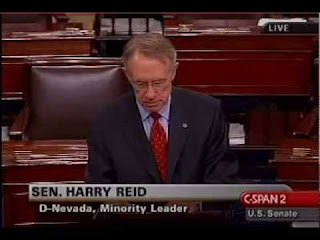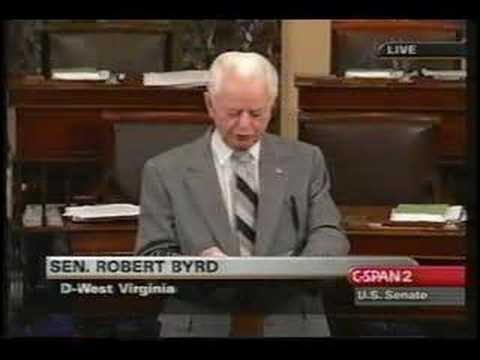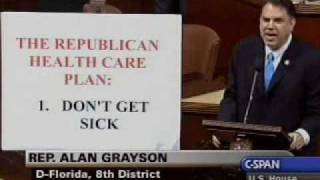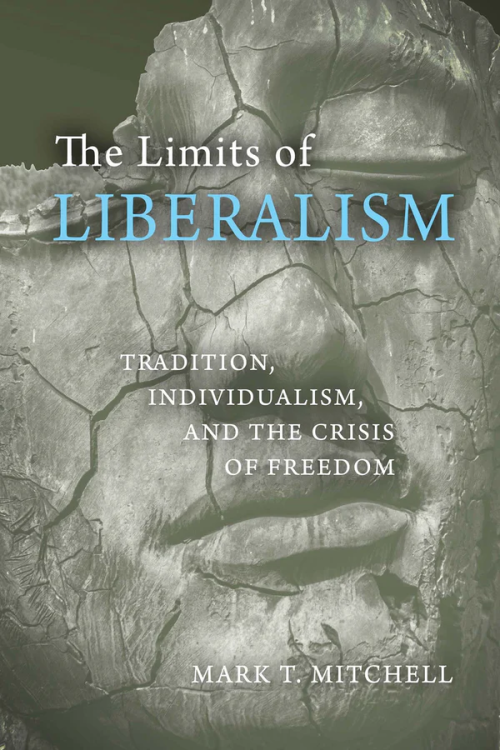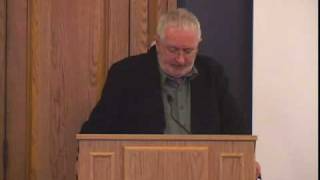Source: Amet Reloads: Bill Maher & George Carlin on Politically Incorrect With Bill Maher in 2001
Not clear the date of this show, but it sounds like the early days of the George W. Bush Administration in 2001, when our long national nightmare was just beginning, to paraphrase former President Gerald Ford. You would think after being appointed President of the United States and losing the popular vote and arguably Florida as well that would have given the election to Al Gore and not being very popular when assuming office in January, 2001 and having a divided Senate and a House with bare Republican majority, that President Bush just might try to govern as a uniter. And not try to force his right-wing agenda that the country didn’t support on the country.
But you gotta give President Bush credit for one thing and that’s where his credit runs out. He told the country what he believed and what he would do and then he did exactly that. He really is one of the most honest president’s we’ve ever had. Which is sort of like being the tallest man in Japan. So what! But its true. That whole cliché that elections matter. That is so true with G.W. Bush. The country knew what they were getting when they voted for him, other than that little trillion-dollar debacle called the Iraq War. And they voted for him anyway. I don’t blame President Bush for being who he was. I blame the Democratic Party who both times had a candidate better than Bush, but barely lost to him twice. For not running good campaigns and taking Bush seriously.
It is one thing to be a bad president and good luck finding a worst one than G.W. Bush where you look at the State of The Union when he took office and where it was when he left. But that person still has to get the job first and beat the opposition. I blame Al Gore, for not winning his home state Tennessee and not winning Florida in a walk with the senior vote and coming off as rude with superficial voters in the debates. For not taking advantage of the most popular politician in the country who just happened to be his boss in President Clinton and using him to take apart the Bush Campaign. I blame John Kerry, for again not taking President Bush seriously enough as a politician. And not taking the swift boat debacle seriously and wasting a whole summer not moving past that. But more importantly, I blame fifty-million or so American voters. Who didn’t have the decency to be awake, sober and on their medication when they went into the voting booths in 2000. And voting for the wrong person.


